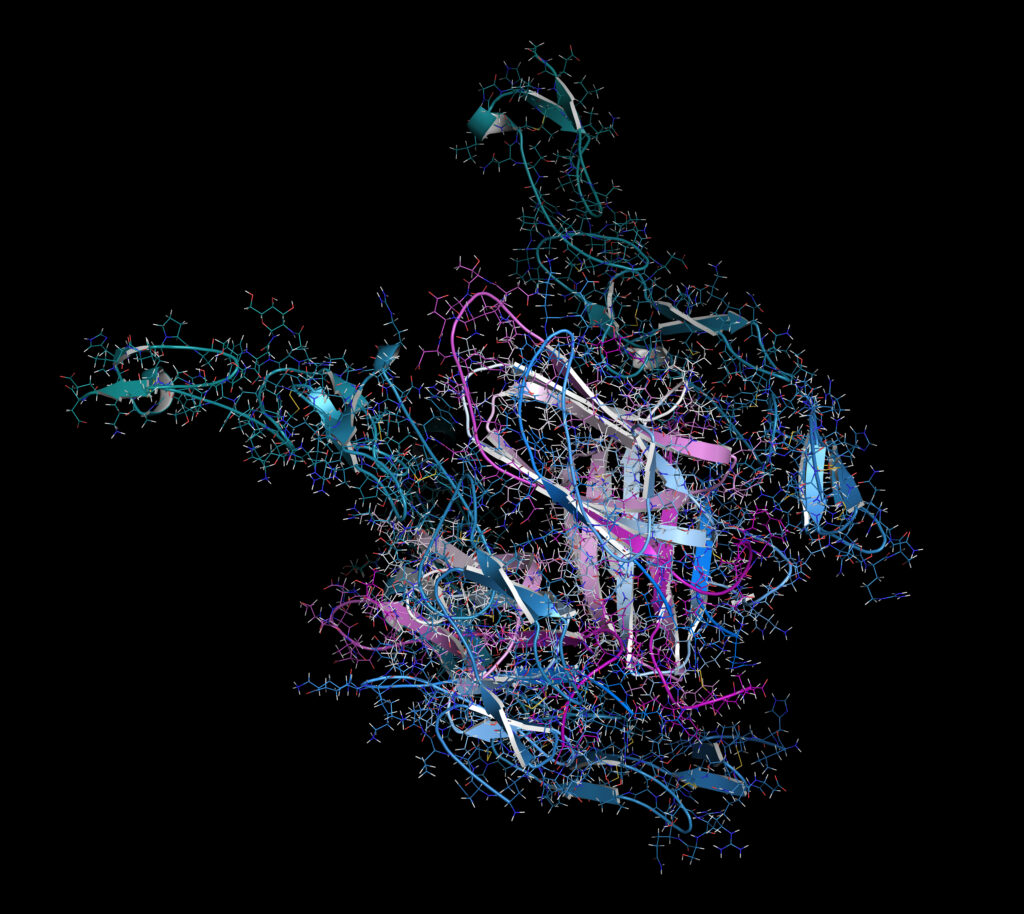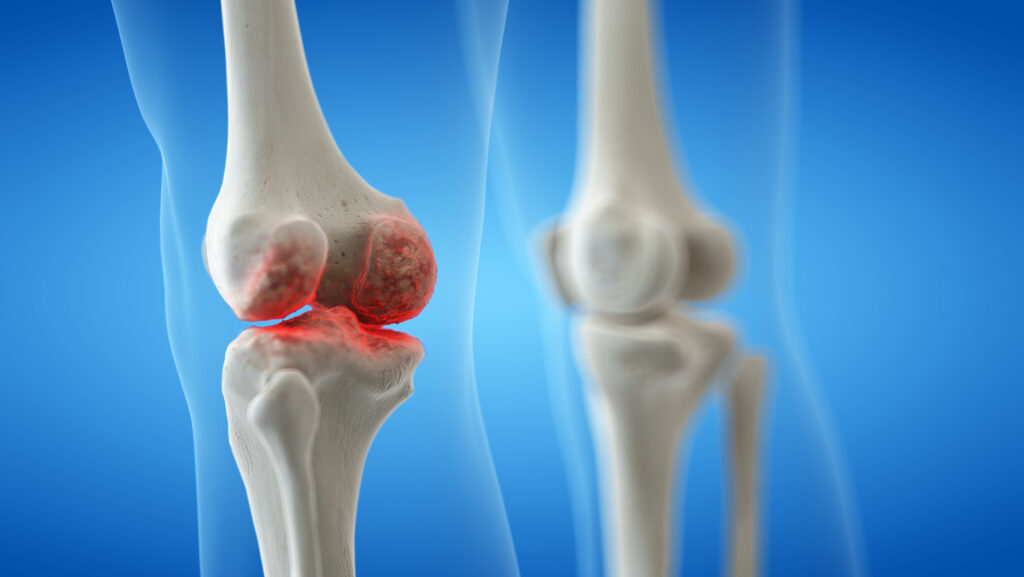Welcome to the latest issue of touchREVIEWS in RMD, which aims to provide healthcare professionals with a wide range of topical articles in the field of rheumatic and musculoskeletal diseases (RMDs). We begin with an informative practice pearl from Sun and Pope. This paper examines the potential solutions to integrate into
clinical practice that may improve medication adherence and optimize disease management of rheumatoid arthritis (RA). Next, we feature an editorial by Paul Studenic focusing on the adaption and validation processes in remission criteria for RA.
We then feature a series of review articles on salient topics in RMD such as axial spondyloarthritis, psoriatic arthritis and RA. The pathophysiology of spondyloarthritis remains poorly understood, and subclinical gastrointestinal manifestations are common in patients living with this condition. Olivier Fakih reviews the current management options for inflammatory bowel disease and other gastrointestinal conditions. Despite the availability of disease-modifying antirheumatic therapies for treating psoriatic arthritis, there are still unmet needs, such as treatment resistance, relapse and intolerance. Miyagawa and Tanaka review recent efficacy and tolerability data on bimekizumab, a humanized monoclonal immunoglobulin G1 antibody, from several large clinical trials.
Among the cytokines involved in the pathogenesis of RA and certain other immunoinflammatory RMDs, the role of interleukin (IL) 6 is of special interest. A humanized monoclonal antibody targeting IL-6, olokizumab, provides a new mode of action by directly inhibiting IL-6. In an interesting review, Feist and Nasonov discuss the new data on the efficacy and safety of olokizumab and its prospective use in rheumatology.
Systemic rheumatic diseases often affect women in their reproductive years, and having an active disease is a significant risk factor for poor pregnancy outcomes. However, most women with rheumatic diseases can have successful pregnancies with appropriate preconception planning and multidisciplinary management during and after pregnancy. Siegel and Sammaritano review the challenges in family planning and pregnancy for women with rheumatic diseases.
The environment plays a central role in the development and exacerbation of RMDs. Air pollution has been demonstrated to cause several autoimmune diseases and, more recently, to be associated with a higher risk of reactivation of inflammatory conditions. Giovanni Adami discusses the current approaches for investigating the association between air pollution exposure and RMDs.
It is well documented that rheumatic disorders present differently among patients of different sex, gender, race and ethnicity. Despite this, most educational materials and guidelines in rheumatology use images and treatment regimens best suited for Caucasian patients. Sandhu et al. explore the health disparities and inequities in medicine, focusing on rheumatology. Biosimilars and biologics have transformed outcomes for patients with rheumatological conditions, including RA, psoriatic arthritis, spondyloarthritis and systemic lupus erythematosus. In our final article, Malik and Holroyd provide a useful overview of the use of biosimilars and those currently approved by the European Medicines Agency.
The editors of touchREVIEWS in RMD would like to thank our contributors for producing such insightful and informative articles. We are also grateful to all our society partners for their on-going support and to the members of our editorial board for their continued involvement and advice. We hope that you find this issue to be interesting and informative. If you are interested in contributing to our upcoming issues, please feel free to submit [here] or contact us directly. ❑
Peter C Taylor
Peter C Taylor holds the Norman Collisson chair of Musculoskeletal Sciences at the University of Oxford and is a Fellow of St. Peter’s College. He studied pre-clinical medical sciences at Gonville and Caius College at the University of Cambridge and his first degree was in Physiology. He subsequently studied clinical medicine at the University of Oxford and was awarded a PhD degree from the University of London for research on pathogenesis of arthritis. Professor Taylor has specialist clinical interests in inflammatory arthritis. He has over 30 years’ experience in clinical trial design in studies of biologic and small molecular therapies in rheumatoid arthritis and ankylosing spondylitis. In experimental medicine studies, Professor Taylor employs targeted therapies as probes of pathogenesis to investigate the in vivo biology of the target in the pathobiology of the disease phenotype under investigation.








